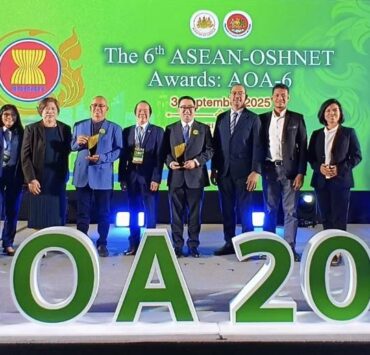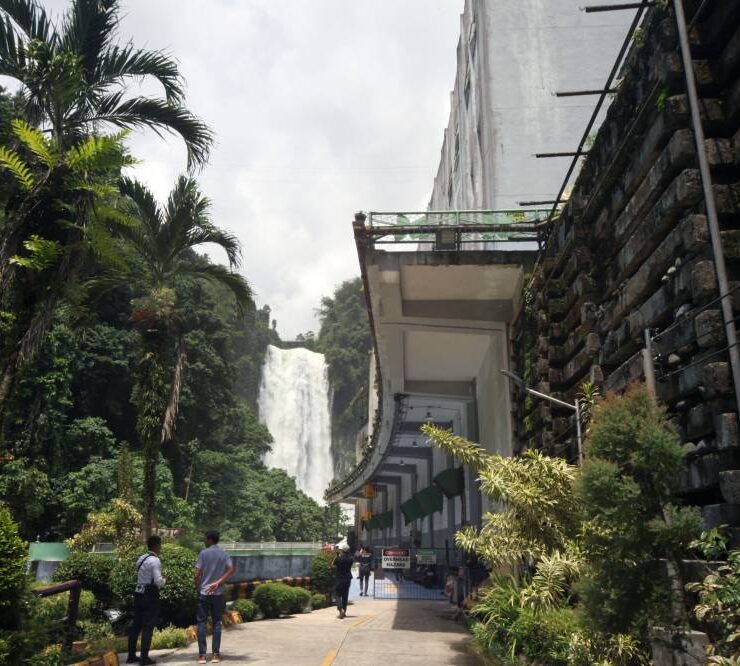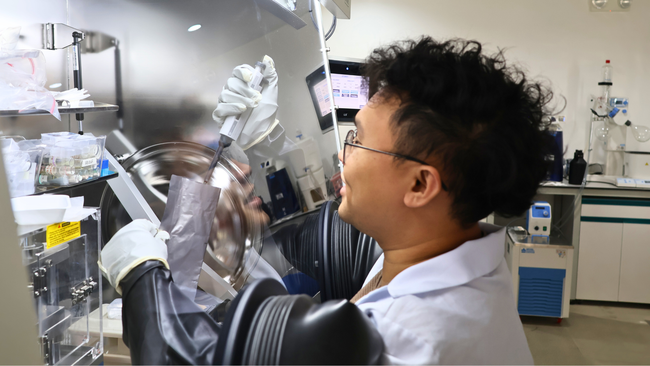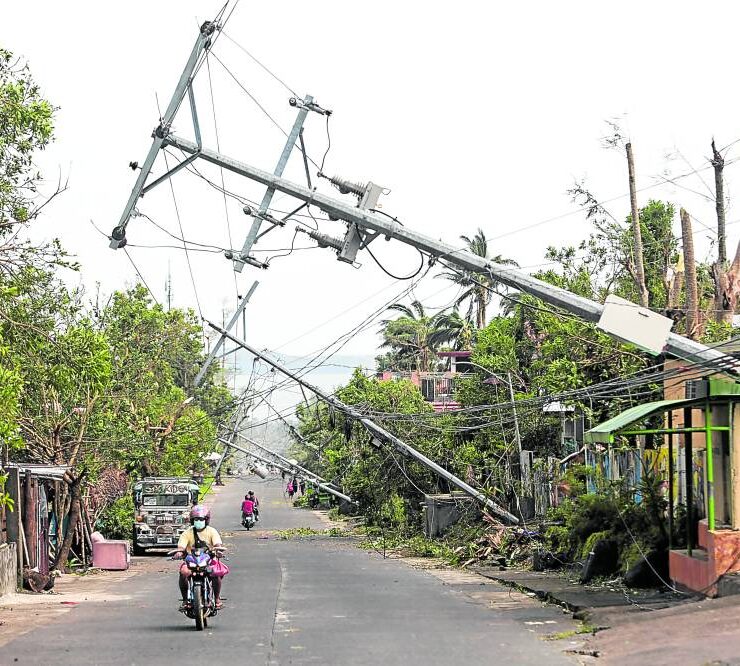Electric vehicles gain steam in PH
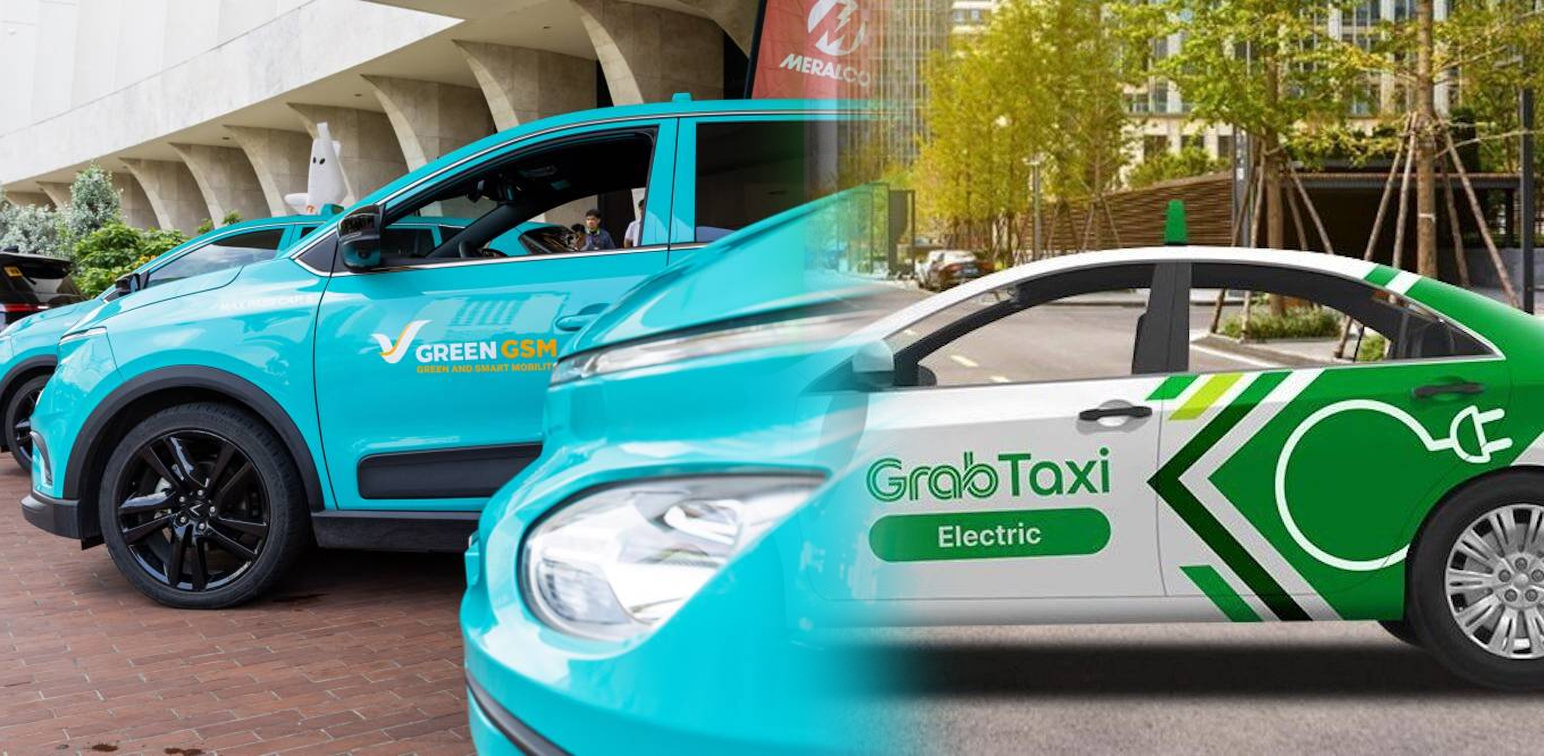
More and more Filipino consumers—individuals as well as companies—are joining the shift to electric or hybrid vehicles.
Latest data from the Chamber of Automotive Manufacturers Association of the Philippines and the Truck Manufacturers Association showed that electric vehicles recorded “significant traction,” accounting for 6 percent of the total car sales in the first eight months of 2025. During the period, 18,439 such vehicles were sold.
The spike was fueled by the rising demand for hybrid cars—vehicles that are propelled by both an internal combustion engine and an electric motor—and for battery electric vehicles.
Government push
The Land Transportation Office (LTO) likewise noted that EV registrations in the first seven months reached 29,715, surpassing last year’s figure. These EV registrations represent about 5 percent of new vehicle registrations, a threefold surge from two years ago.
The Marcos administration has pushed the expansion of EV adoption across the country.
Government agencies are now mandated to prioritize supporting EV units. President Marcos previously said that 10 percent of the government’s fleet should be electric vehicles. He also set a bolder target: Electric cars must account for at least half of the vehicles on the road by 2040.
Marcos has also urged US-based Tesla to manufacture its electric vehicles in the country.
According to the Department of Energy (DOE), in line with Mr. Marcos’ directive, the government is providing perks to entice the public to shift to electric vehicles. This includes the reduction or suspension of import tariffs, priority registration at the LTO, and exemption from the number coding scheme, among others.
Room for growth
In September, the DOE also released a “clearer” electric vehicle classification system, aimed at “building a more organized, accessible, and future-ready EV market in the Philippines.”
Michael Ricafort, chief economist at Rizal Commercial Banking Corp., said one of the driving factors behind the EV market growth is the slash in costs of e-vehicles amid tougher competition in the market, particularly in China and Vietnam.
“[This makes] EVs more affordable to local buyers,” he told Inquirer.
The economist also noted that more companies and institutions are now adhering to ESG (environmental, social, governance) standards, which includes shifting to more environment-friendly processes and operations.
As “green” consciousness continues to grow among the public, “there is more room for growth for EV sales/usage in the country,” Ricafort said.
Private sector rollouts
In June, ride-hailing giant Grab Philippines launched its “GrabTaxi Electric,” which claims to be the market’s first fully electric, on-demand taxi fleet accredited by the government.
The units were initially deployed in select Metro Manila hubs such as Makati, Taguig, Pasig, Mandaluyong, Parañaque, and Pasay.
According to Grab, this move is part of its “broader eco-mobility strategy.”
“This is not just about offering another ride option,” Grab Philippines country head Ronald Roda said at that time. “It’s about fundamentally changing the DNA of urban transport in the Philippines—one that aligns with our sustainability commitments, empowers
Filipino commuters, and creates meaningful green livelihoods. Sustainability cannot be a distant ideal; it must be something you can book, ride, and feel today.”
Grab plans to expand the operations of its EV fleet to Davao and Cagayan de Oro before the year ends.
Another firm that’s making the rounds on Metro Manila roads is Vietnamese ride-hailing group Green and Smart Mobility (Green GSM), which has rolled out an initial 2,500 all-electric vehicles.
For Frederick Go of the Office of the Special Assistant to the President for Investment and Economic Affairs, Green GSM’s entry will be “a game changer for Philippine public transport.”
“It promises not only to modernize our transport system but, more importantly, to offer commuters a safer, more convenient, and environmentally friendly transport option,” he said.















